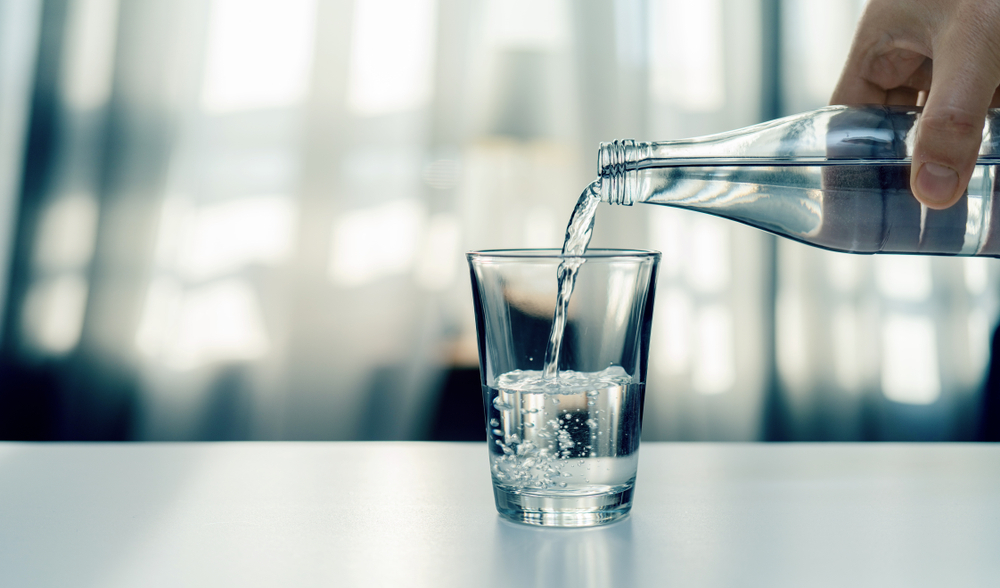While various slimming methods are being researched in the summer months, mineral water ranks high among them. It is wondered if mineral water, which is known to both keep the body fit and relieve problems such as indigestion, makes you lose weight. So, how should mineral water be consumed to lose weight? Here is information about the benefits, nutritional value and use of mineral water…
What is Mineral Water?
Mineral water is also known as spring water as it comes from natural sources, which are places where moving groundwater emerges from an opening in the soil surface.
Mineral water can also be made artificially by adding salts to distilled water or by aerating with carbon dioxide to create more carbonation. However, mineral water is naturally carbonated to varying degrees.
The nutrient content of both natural and artificial mineral water varies greatly, but typically has a high mineral content such as:
- calcium carbonate
- magnesium sulfate
- potassium
- sodium sulfate
It may also contain gases such as carbon dioxide, hydrogen sulfide.
Does Mineral Water Make You Lose Weight?
Since mineral water helps the body get rid of toxins, it can also affect weight loss in regular use. For people with indigestion (indigestion) and constipation, carbonated mineral water can reduce constipation and significantly improve their symptoms. As an added benefit, it may also improve gallbladder function.
It is recommended that you consult your specialist before using mineral water. If your health conditions are suitable for the use of mineral water, two glasses of mineral water a day will help you lose weight.
Mineral water, which is good for problems such as bloating and indigestion, will make the stomach more bloated and uncomfortable if drunk immediately after meals. Drinking mineral water half an hour before or half an hour after meals helps to lose weight more effectively.
Health Benefits of Mineral Water
Because of its carbonation and mineral content, mineral water is known to provide many health benefits, including:
In one study, postmenopausal women drank 1 liter of mineral water per day for two periods of two months each. Results showed that mineral water intake lowered bad (LDL) cholesterol levels and raised good (HDL) cholesterol levels.
Because high cholesterol increases your risk of heart disease and other ailments, mineral water helps keep your heart healthy and functioning properly.
In a 2004 study, researchers evaluated the effects of mineral water on subjects who all had borderline hypertension (high blood pressure) and low calcium and magnesium levels. After four weeks of drinking mineral water, these people noted a significant drop in blood pressure.
While there is no health risk from drinking mineral water, drinking water from a plastic bottle may pose some risks.

